Does Boba Tea Have Caffeine?
Ah, bubble tea! That deliciously unique combination of milk, tea, and those fun, chewy tapioca pearls (or “boba”). But one common question remains: Does boba tea have caffeine? Whether you’re wondering if this treat can perk you up in the morning or if it’s suitable for an evening snack, let’s dive into the details of caffeine in Boba Tea.
What is Caffeine and How Does It Affect Our Body?
Caffeine is a natural stimulant found in plants like coffee beans, tea leaves, cocoa beans, and kola nuts. It’s widely enjoyed for its energizing effects, helping people feel awake, alert, and focused. But let’s look at what’s happening inside your body when you have that cup of coffee, tea, or boba milk tea.
How Does Caffeine Work in the Body?
When you consume caffeine, it quickly enters your bloodstream and travels to the brain. Once there, caffeine’s main action is on the adenosine receptors. Normally, adenosine builds up in the brain over the day, creating a sense of drowsiness. But caffeine blocks these receptors, preventing adenosine from attaching and sending sleep signals. This leaves you feeling more energized, alert, and ready to take on the day!
Caffeine doesn’t stop there. By blocking adenosine, caffeine also triggers the release of other neurotransmitters like dopamine and norepinephrine. Dopamine is often referred to as the “feel-good” chemical and is responsible for the little mood boost you may feel after your morning boba tea. Norepinephrine, on the other hand, enhances focus, reaction time, and even physical performance, which is why some athletes use caffeine to stay sharp.
What About the Physical Effects of Caffeine?
Caffeine has a broader effect on the body beyond just alertness. Here are some scientific terms and their effects in easy language:
- Increased Heart Rate and Blood Pressure: Caffeine’s stimulant action can lead to a slight increase in heart rate and blood pressure. For most people, this is temporary, but if you’re sensitive, you may feel a bit of a rush.
- Diuretic Action: Caffeine can act as a mild diuretic, meaning it can increase urine production. This effect is generally mild but can be noticeable if you’re consuming a lot of caffeinated drinks.
- Thermogenesis: Caffeine slightly boosts metabolism through a process called thermogenesis, where your body burns calories to produce heat.
Does Taro Boba Tea Have Caffeine?
Taro, a popular flavor in boba tea, adds a creamy, nutty taste to the drink. Does taro boba tea have caffeine? Taro itself is caffeine-free. However, most taro milk tea recipes use black or green tea as a base, which means it will contain caffeine. If you love taro and want a caffeine-free option, ask for a herbal or fruit tea base instead.
Bubble Tea vs. Coffee: A Caffeine Comparison
If you’re choosing between bubble tea vs coffee, caffeine levels might be a deciding factor. While a typical bubble tea has around 30-70 mg of caffeine (depending on the tea), a standard cup of coffee contains 80-100 mg or more. So, is boba caffeinated? Yes, but generally, bubble tea provides a gentler pick-me-up compared to coffee. Plz visit if you want to get more information about Bubble Tea vs Boba Tea.
Caffeine-Free Boba Tea Options
If you’re looking to skip the caffeine, you still have options! Caffeine-free boba tea is available with these popular choices:
- Herbal or Fruit Tea Bases: These are typically caffeine-free and pair beautifully with fruity toppings.
- Decaffeinated Tea: Some tea shops offer decaf black or green tea, so you can enjoy a classic flavor without the caffeine.
How Much Caffeine is in Popular Boba Flavors?
To help you choose wisely, here’s a quick comparison of caffeine levels in popular boba tea flavors:
| Boba Flavor | Tea Base | Caffeine Content (mg) | Description |
| Classic Black Milk Tea | Black Tea | 50-70 | A traditional bubble tea flavor with robust black tea, providing a moderate to high caffeine kick. |
| Jasmine Green Milk Tea | Green Tea | 30-50 | Floral and fragrant, offering a moderate caffeine level from green tea. |
| Oolong Milk Tea | Oolong Tea | 40-60 | Smooth, semi-oxidized tea with balanced notes, moderate caffeine level. |
| Matcha Milk Tea | Matcha (Green Tea) | 60-80 | Rich in antioxidants and energy-boosting caffeine due to concentrated matcha powder. |
| Taro Milk Tea | Usually Black Tea | 50-70 | Mildly sweet and creamy, typically made with black tea for a moderate caffeine level. |
| Fruit Tea Boba | Herbal Tea/Fruit | 0 | Caffeine-free, usually made with herbal or fruit infusions for a refreshing option. |
| Thai Milk Tea | Black Tea with Spices | 60-80 | Rich and spiced, typically higher in caffeine from black tea. |
| Earl Grey Milk Tea | Black Tea (Earl Grey) | 50-80 | Infused with bergamot, offering a bold, aromatic tea experience. |
| Hibiscus Tea | Herbal (Hibiscus) | 0 | Caffeine-free with a tart, floral flavor. |
| Wintermelon Tea | Herbal | 0 | Sweet and melon-flavored, caffeine-free, can be enjoyed with or without milk. |
| Brown Sugar Milk Tea | Optional Tea Base | 0-50 | Caffeine varies if black or green tea is added; otherwise, caffeine-free with sweet brown sugar syrup. |
| Green Milk Tea | Green Tea | 30-50 | A mild, refreshing option with moderate caffeine from green tea. |
Health Considerations: Does Boba Tea have Caffeine
As a nutrition specialist, I recommend paying attention to the amount of caffeine you’re consuming daily. Caffeine has its benefits, like increased alertness and even improved mood, but it also has downsides if you’re sensitive to it, such as:
- Anxiety and Jitters: Even the relatively lower caffeine in bubble tea can cause jitteriness in sensitive individuals.
- Sleep Disruption: Having milk tea caffeine later in the day could interfere with sleep.
- Increased Heart Rate: Sensitive individuals may notice a faster heartbeat, especially with black tea boba.
Does this mean you should skip your boba tea entirely? Not at all! Just opt for lower-caffeine varieties, or enjoy it earlier in the day.
Caffeine in Green Tea vs. Black Tea: What’s Best for You?
When choosing a tea base, it’s good to know how much caffeine you’re getting:
- Green Tea: Lower in caffeine (about 30-50 mg per cup), great if you’re looking for a mild pick-me-up.
- Black Tea: A stronger kick, with around 50-70 mg of caffeine per cup.
- Does green tea or black tea have more caffeine? Black tea usually wins here. So, if you’re after something milder, green tea might be the way to go.
Final Thoughts: Making the Best Choice with Boba Tea
Whether you want a caffeine boost or are looking to avoid it, boba tea offers flexibility. With so many options, you can enjoy a boba that suits your needs perfectly. Try exploring different tea bases, sweetness levels, and drink sizes until you find what’s right for you.
So, the next time you ask, does boba tea have caffeine, remember that it’s all about the tea you choose and how you prefer to enjoy your drink!
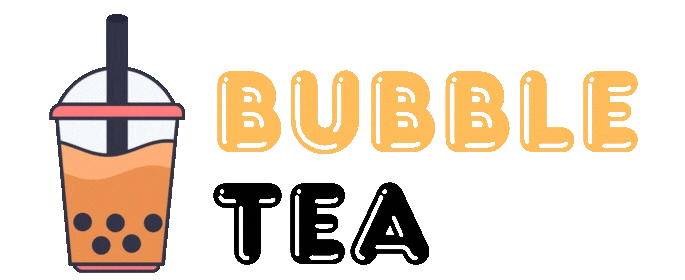
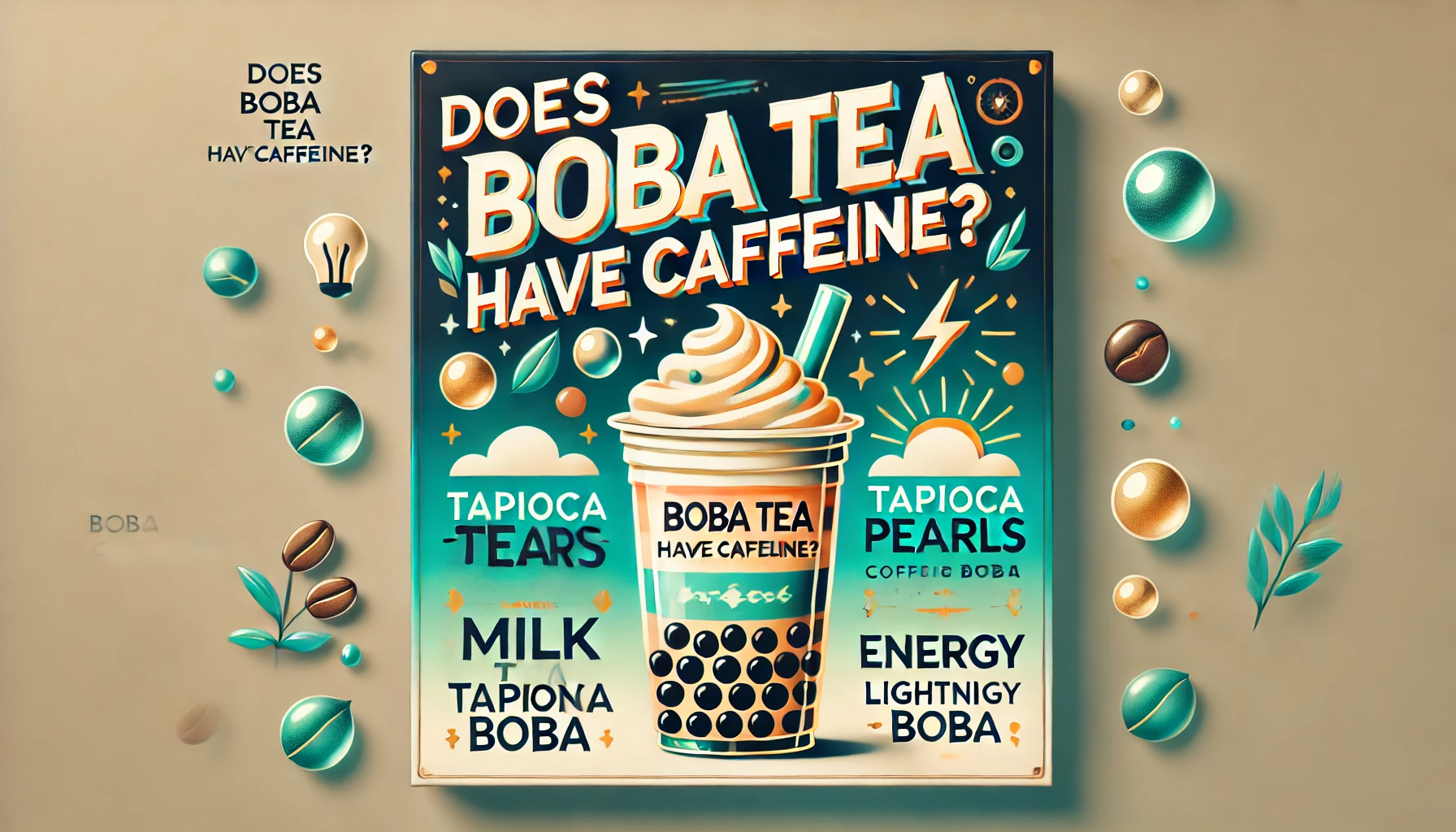
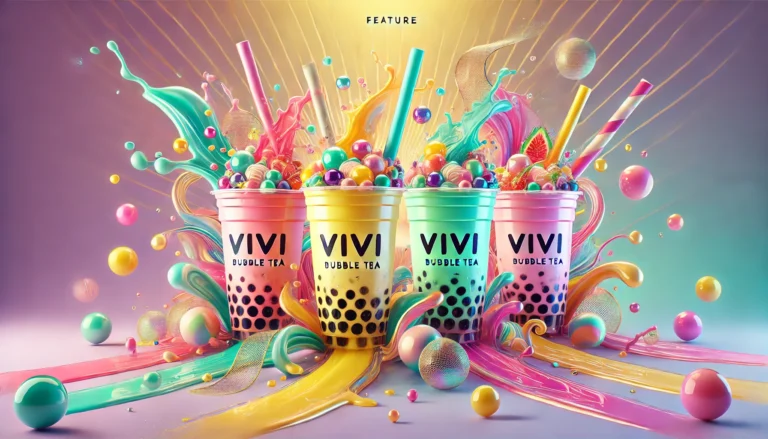
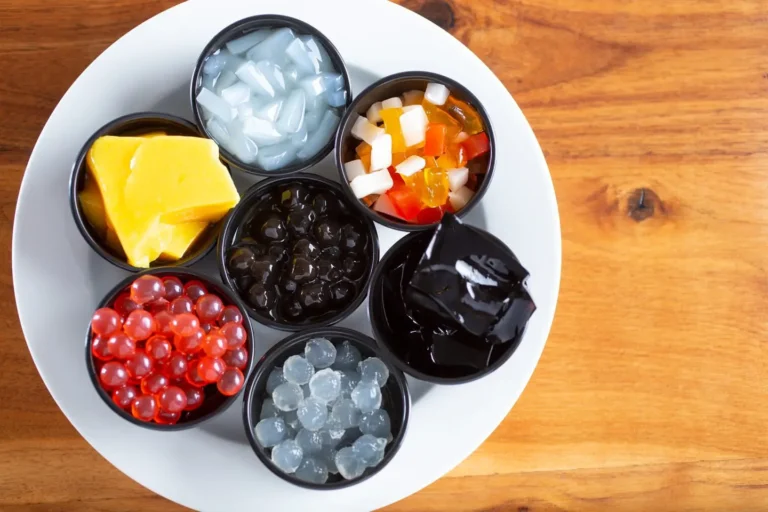
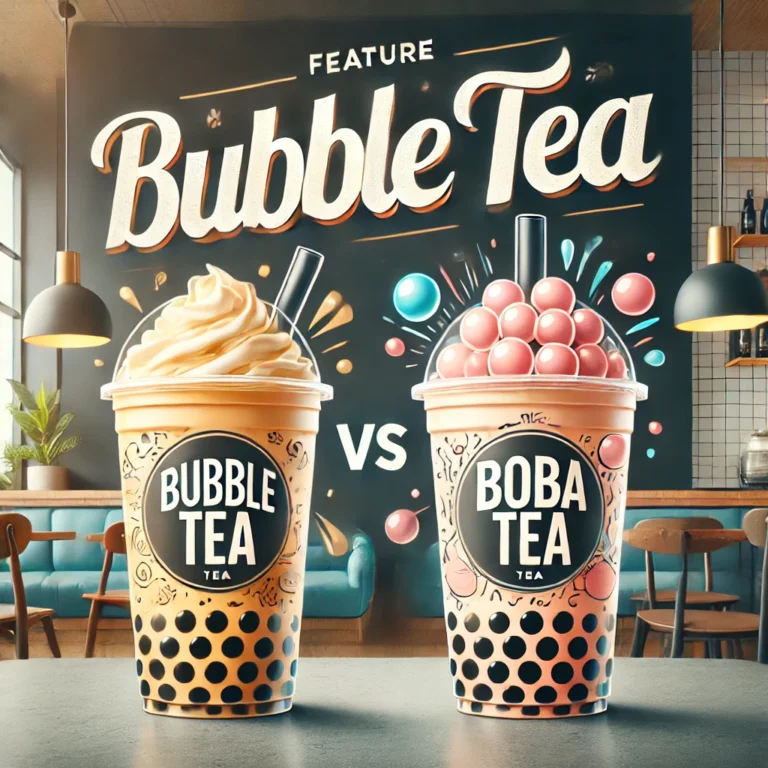
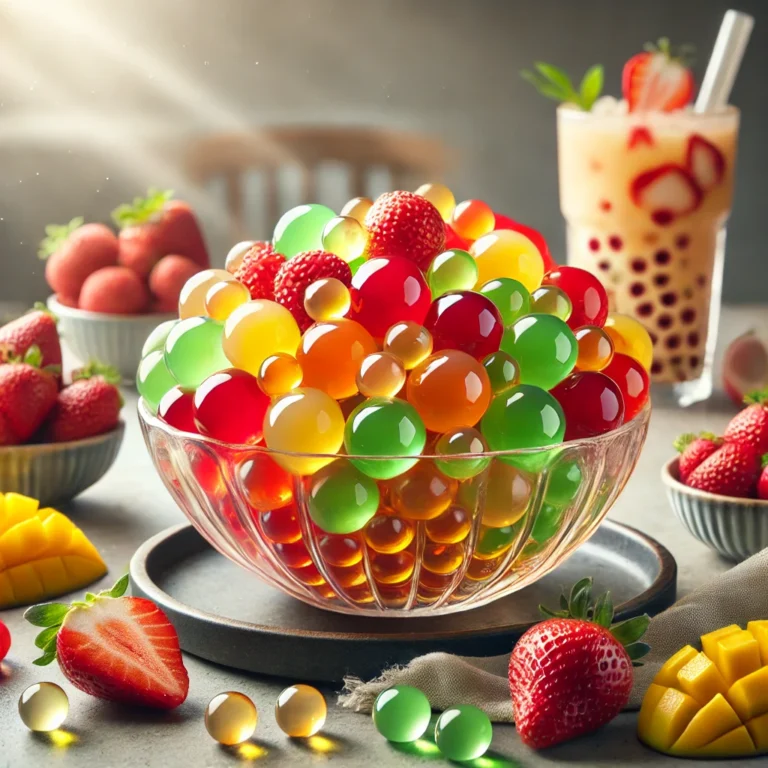
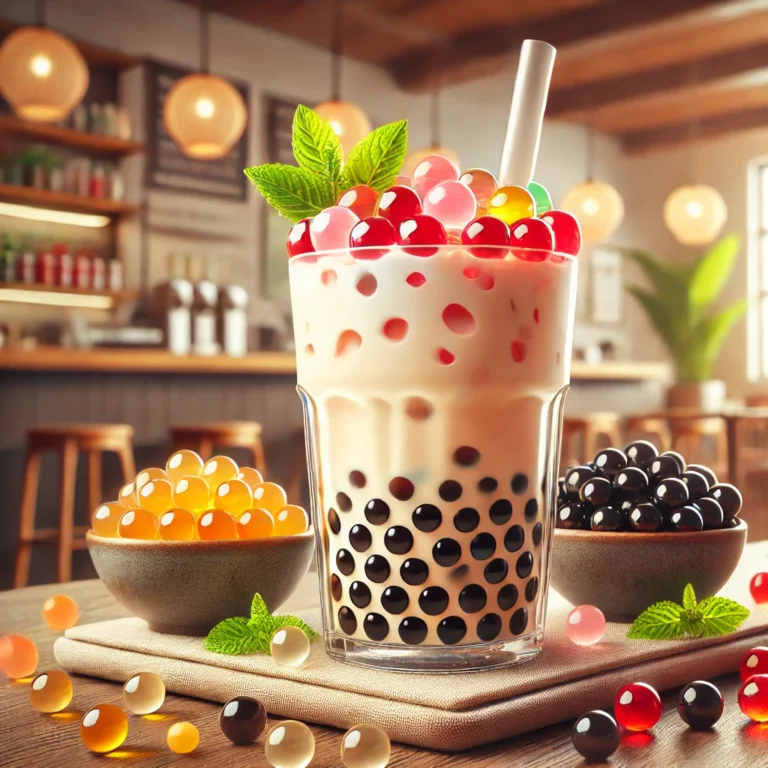
One Comment